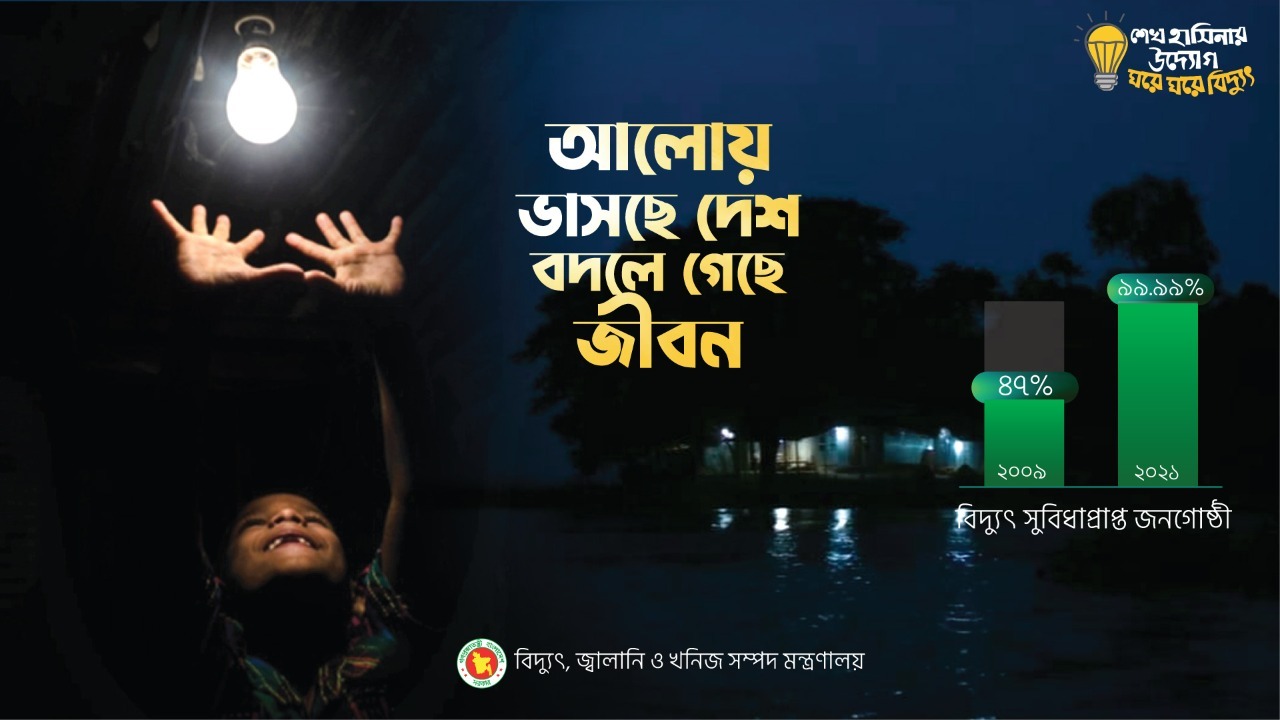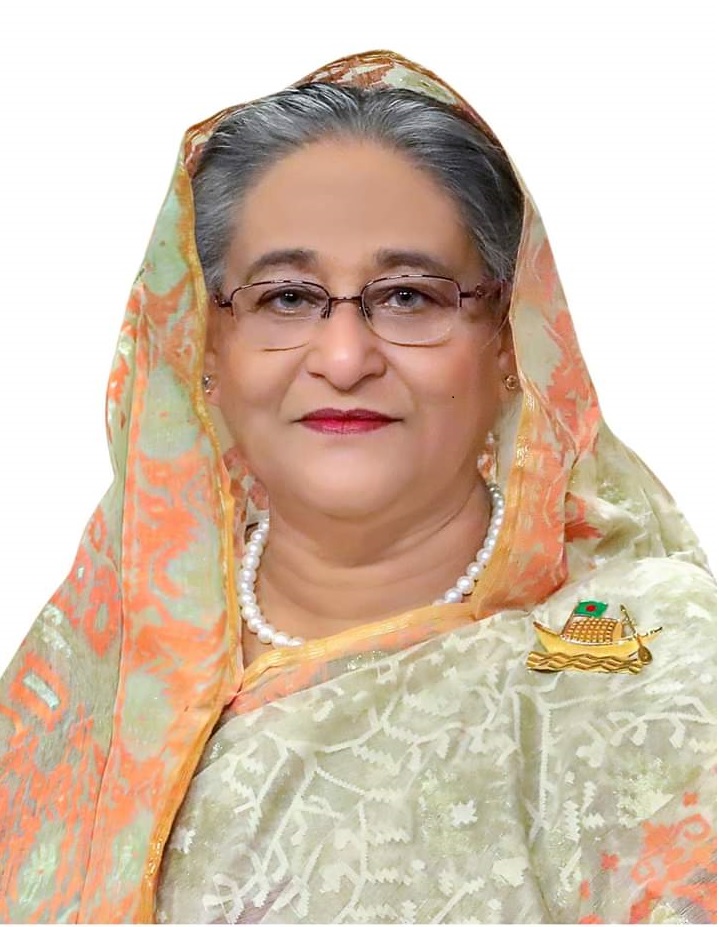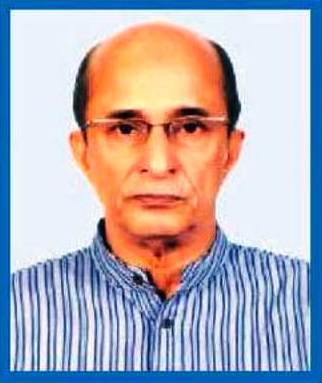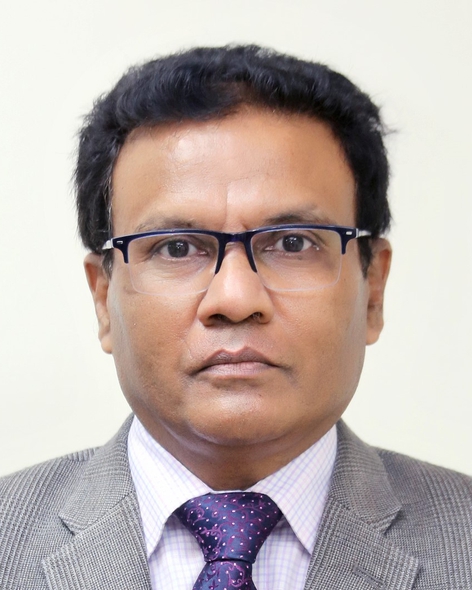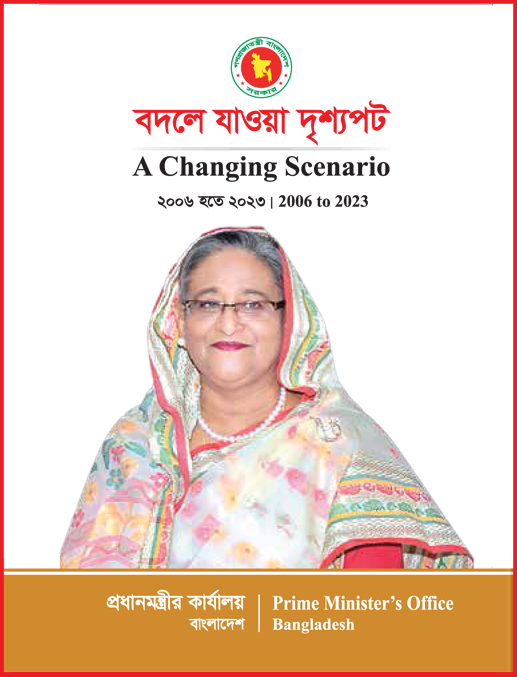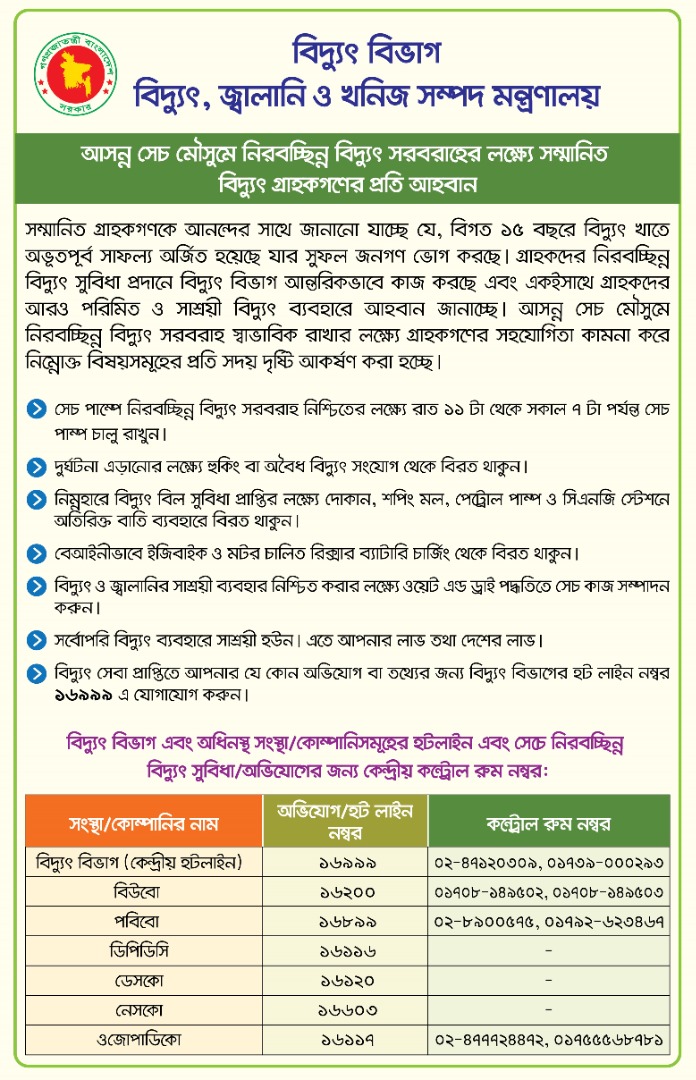এনার্জি এফিসিয়েন্সি ইনিশিয়েটিভস
Energy is an obligatory effort for economic growth and human development which leads a strong both-way correlation between economic development and energy utilization. To attain sustainable GDP growth 6% and above till 2030 & beyond, it is of deem necessary to meet the essential energy needs. Demand for power is increasing day by day. Moving towards energy sustainability will require development not only in the way energy is supplied, but in the way it is used as well. Reducing the amount of energy required to deliver various goods or services is also essential in this regard. Energy efficiency and renewable energy are said to be the twin pillars for sustainable energy.
The improvement of energy efficiency will be having primarily two-fold impact: (i) improvement of energy security, (ii) efficient environmental management. Through this campaign the diffusion of efficient energy utilization movement will lead in to more output from equal quantity of primary energy subsequently low carbon emission from the efficient utilization of that primary energy in Bangladesh.
There was no institutional framework for renewable energy before 2008, when the renewable energy policy was adopted by the government. According to the policy an institution, Sustainable & Renewable Energy Development Authority (SREDA), was to be established as a nodal agency for the promotion and development of sustainable energy, comprising of renewable energy, energy efficiency and energy conservation. Recently SREDA start functioning. Government is promoting innovative mechanism to ensure energy efficiency and conservation at industries, residential and commercial buildings and in service sector. Power Division and SREDA organizing seminar and workshop on it in regular basis to create awareness among relevant stakeholders.
Prevailing Energy Efficiency and Energy Conservation activities
Government stated a vision in sixth Five Year Plan (2011-2015) to save 10% energy in planned period through efficient use of primary and secondary energy and conservation at user level for sustainable energy security including low carbon emission.
The government has taken a number of initiatives for efficient energy use and reduced consumption of energy, which are as follows:
- Government prepared an Action Plan to ensure Energy Efficiency & Conservation both at supply and demand side, where number of interventions have been identified for implementation with a time-frame work;
- Energy Efficiency and Conservation Master Plan is in preparation stage;
- Declare Country Action Plan for Clean Cook Stove with a vision to replace 30 million inefficient traditional Cookstoves by Clean Cookstoves by 2030;
- Introduction of Energy Audit System in the large designated consumers is in process;
- Program initiated for the gradual replacement of inefficient Brick Kiln to efficient Brick Kiln;
- Government took targeted program to convert gas driven simple cycle power stations into combine cycle power station;
- Steps have been taken to revise the ‘Building Code’ inserting energy efficiency and solar energy issues;
- Program initiated to replace Inefficient Rice Per-Boiling Systems by Improved Rice Per-Boiling System;
- Initiatives have been taken in order to build awareness amongst the students, by incorporating Energy Efficiency and Renewable Energy issues in the academic curricula of schools, madrasas and colleges;
- Incourage to install solar PV system in government, semi government and autonomous organization’s rooftop.
- Encourage to use CFL/LED bulb and T5 tube light in all ministries and power sector entities;
- Conventional street lights to be replaced by LED and solar lights subsequently;
- Promote public awareness program for energy conservation;
- The gradual discontinuation of incandescent bulb and electric heater;
- Limiting the use of air conditioners, or keeping temperature 25 degrees C and above;
- Introduction of energy Star Labeling Program in the electrical appliances through BSTI;
- Discouraging the use of neon sign in the markets and shopping malls at night;

.jpg)

.jpg)
.jpg)
.jpg)
.jpg)
